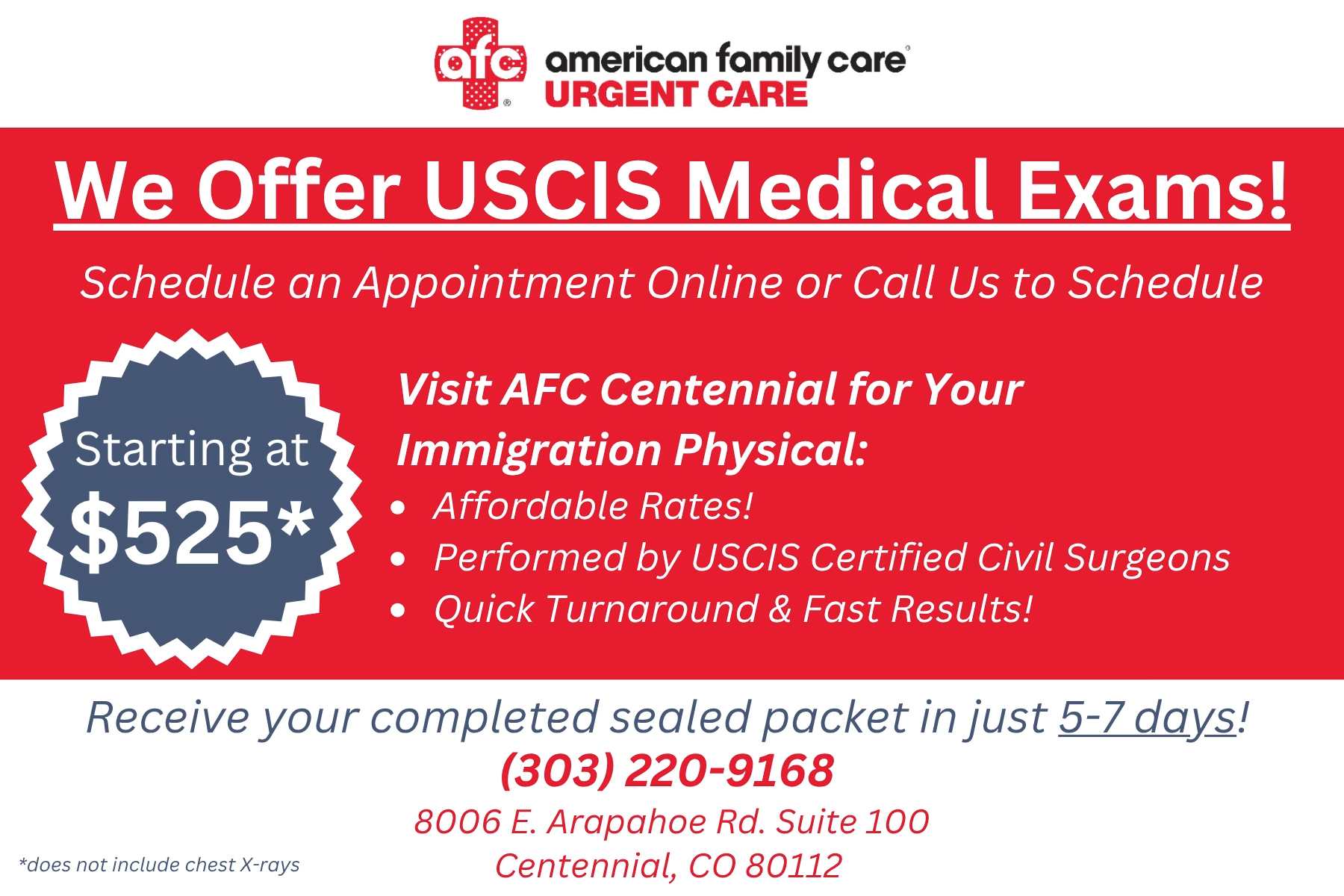Recent news reports about public health updates heavily covered the latest surge in respiratory syncytial virus or “RSV '' throughout the U.S. In fact, the CDC found that RSV has led to increased hospitalizations and emergency room visits through several U.S regions. RSV for most patients is not a debilitating illness but it can have significant health consequences for infants and older, auto-immune compromised individuals.
RSV can cause cold and flu-like symptoms in school-aged children which usually requires some form of treatment. However, the good news is that families can always visit a nearby urgent care center if they need to get RSV testing and immediate treatment: no need for a hospital visit or an ER wait.
This school year, follow these basic but effective health guidelines to protect you and your children from sudden cases of RSV:
RSV spreads rapidly under similar conditions of flu and the common cold
RSV is an upper respiratory illness that can quickly spread and leaves patients contagious for upwards of 3 to 8 days. Coughing, spread of respiratory droplets, and other close contact may cause outbreaks in local communities.
To avoid spreading, make sure that you cover your mouth and limit contact with individuals who may have exposure. In addition, watch out for early symptoms of RSV that could spread. Frequently wash your hands, avoid congested areas, and limit time indoors with large crowds. These preventive skills help limit RSV as well as other seasonal illnesses.
RSV symptoms include cough and sneezing, which can be managed at first
Most patients with RSV experience the following symptoms with 4 to 6 days:
- Runny nose
- Decrease in appetite
- Coughing
- Sneezing
- Fever
- Wheezing
However, as we mentioned before certain patients may have enhanced symptoms or worsened conditions. This includes infants, older patients, and patients with immune deficiencies. Some patients have only a few symptoms while others could have several at once.
When patients have symptoms they should stay at home, rest, keep hydrated, use some over-the-counter medicines as instructed, and monitor their symptoms. When symptoms arise it helps to visit an urgent care center to get tested and find out the cause:
RSV testing is available at AFC Urgent Care Centennial for walk-in patients
Before going to the ER or hospital, patients that need RSV testing should consider urgent care for a faster and less-expensive alternative!
Urgent care centers are equipped with walk-in clinics that help patients get testing and coordinate follow-up care without the long wait. In addition, most major insurances cover urgent care visits and out-of-pocket costs are less expensive than a hospital or ER.
When it is time for you to get RSV testing visit AFC Urgent Care Centennial to get same-day testing. Patients may book online or they can simply visit in person without the need for an appointment!

